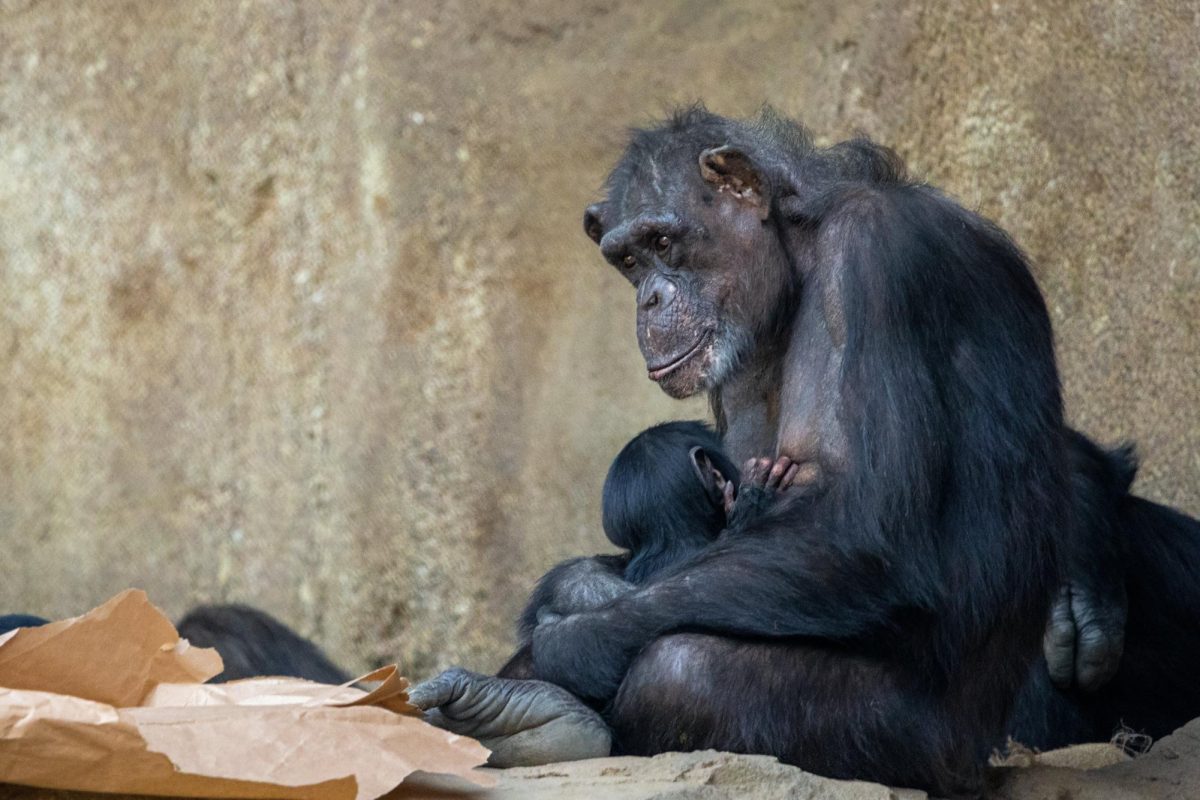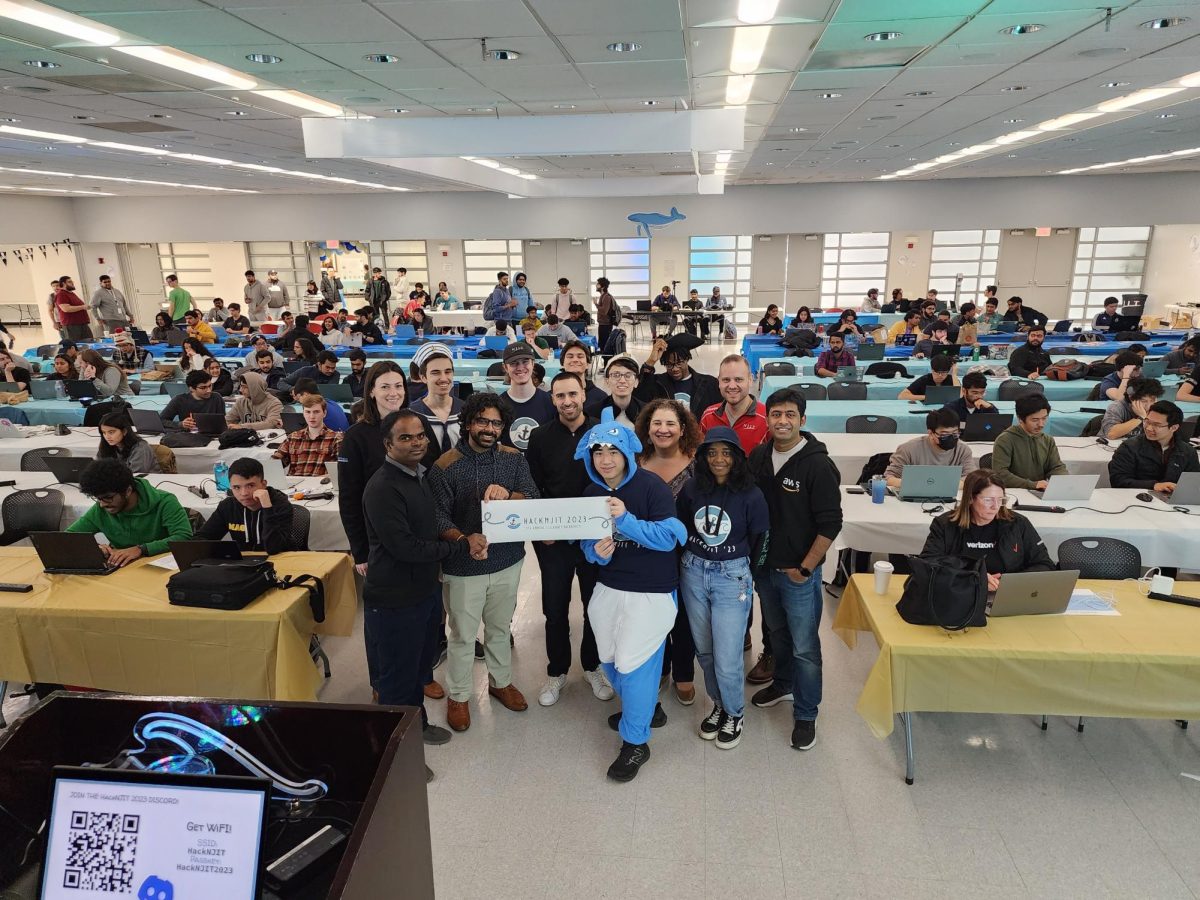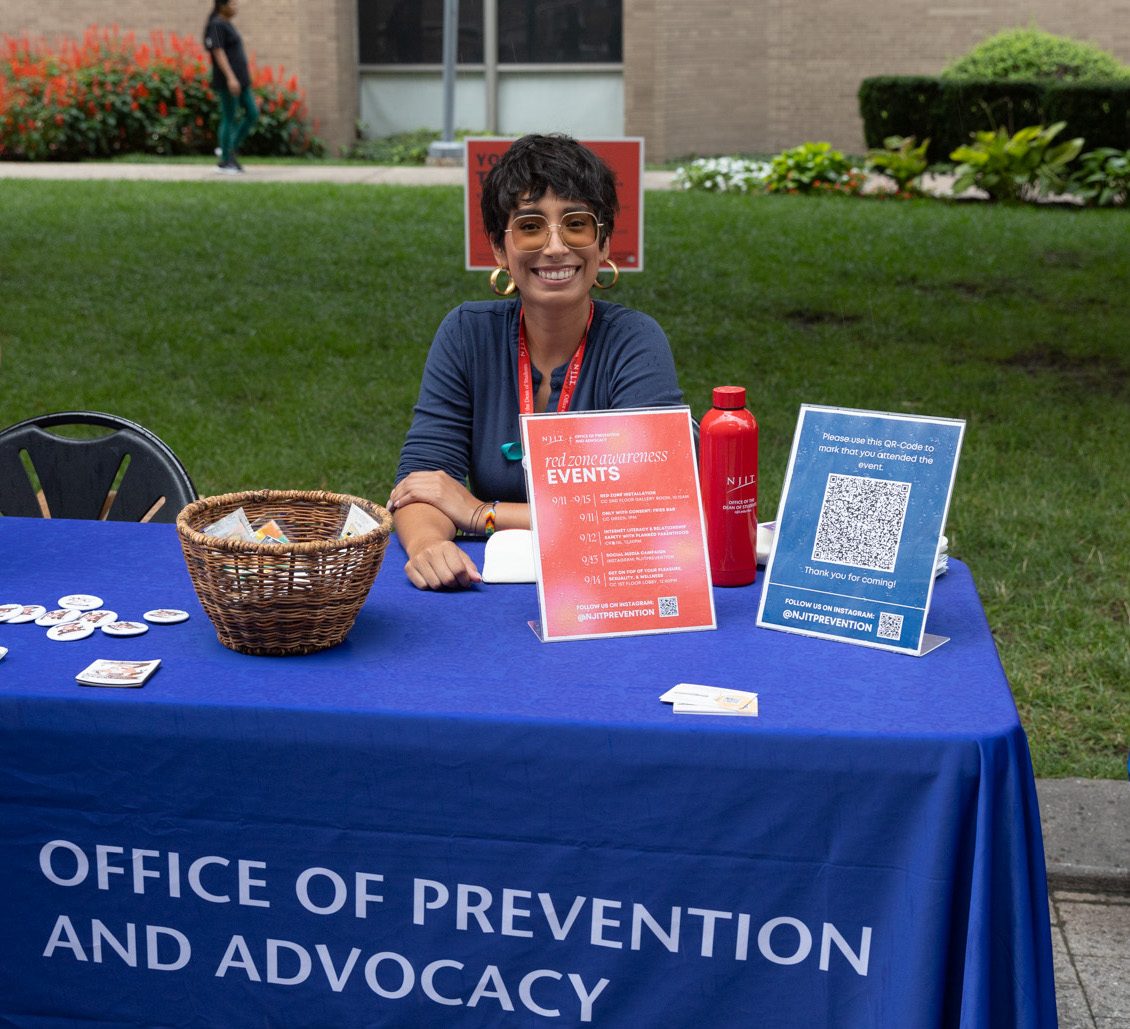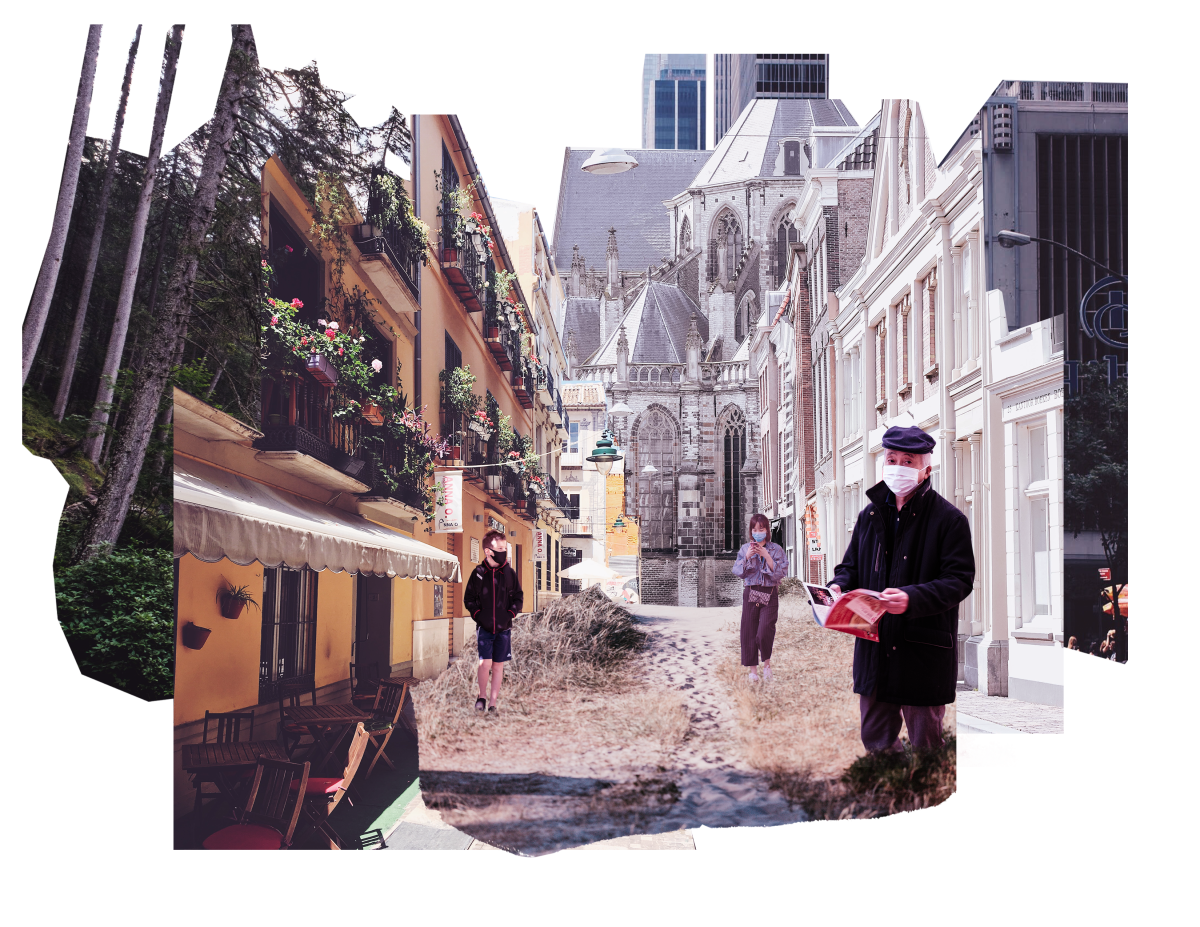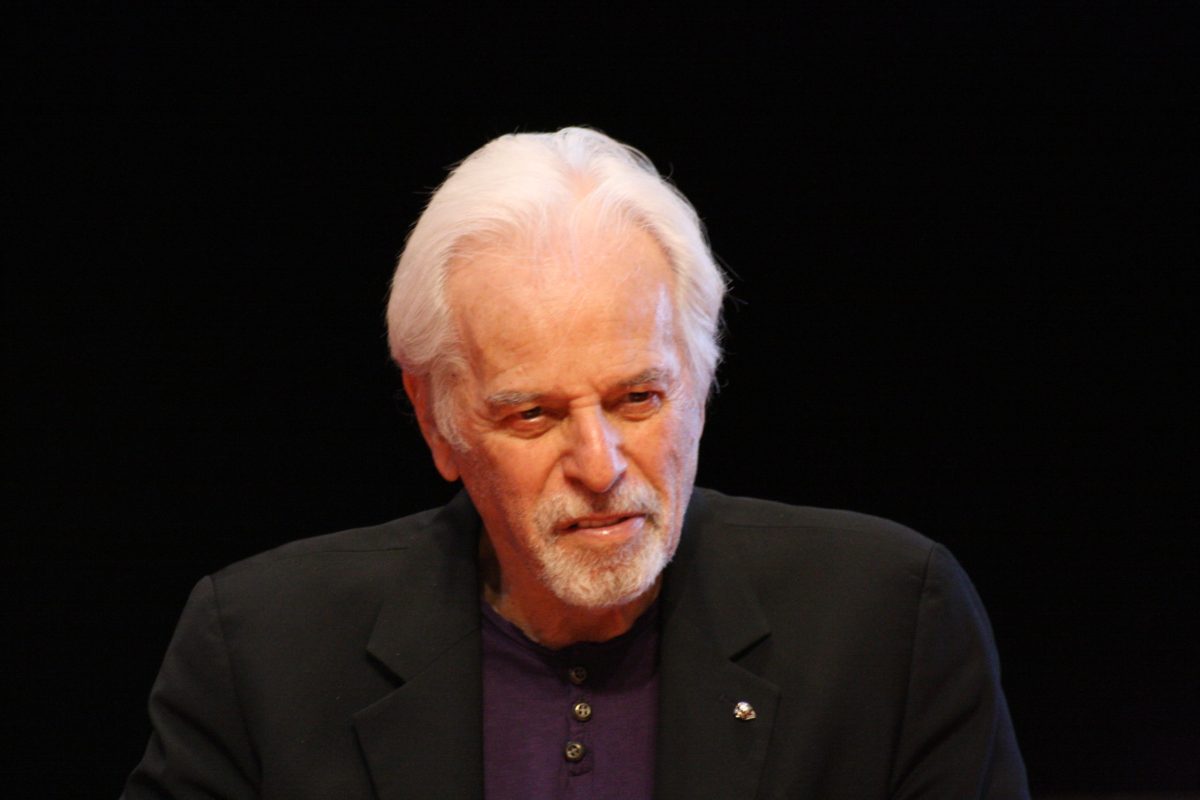“If a race has no history, it has no worthwhile tradition, it becomes a negligible factor in the thought of the world, and it stands in danger of being exterminated.” These words were uttered by Carter G. Woodson, one of the first scholars to study African-American history, as well as the founder of the Association for the Study of African American Life and History.
To me, Black History Month in middle school was shorthand for “Martin Luther King Jr./Harriet Tubman/Rosa Park” month. They were usually the focus, understandably so. Besides rare mention of a few other “random” figures I thought that they were all that black history had to offer, not the numerous scientists, authors, activists, and musicians that I would come to learn about leading up to this point.
Black History Month, much like the start of any success story, began with humble beginnings. Originally incepted as Negro History Week in 1926 and gaining momentum to become what is now Black History Month in 1976, the objective of teaching the history of blacks in public schools was not well received by many.
An issue has arrived almost a century later: “Do we still need Black History Month?” At the time of its inception, Black history was deemed as an absolute necessity to preserve the culture and accomplishments of those who came before, but what about now?
As a Black student in America, my opinion on the matter has changed over time. At one point I sided with Morgan Freeman, who said “… Black history is American history”, and thought that there was no longer a need for one. Upon attending NJIT and seeing the Campus Center during BHM with influential figures scattered across, I became curious about who they were.
At the NJIT Day of Dialogue open forum, the main topic was an explanation of what a “micro-aggression” was. Nowadays, you would often be criticized for even saying the word, and be ridiculed as a “entitled liberal snowflake who needs a safe space”, but in reality, that just not true. In middle and high school, I was labeled as an “Oreo”, someone who did not act or talk “black” because apparently, colors have their own language apparently. After some time, I donned the title of “The Whitest Black Person”. I would laugh it off and try to not let it bother me, but I would be lying to say others questioning my authenticity of being a real “Black” did not have an effect. This was my example of facing micro-aggressions from kids my own age, and it had its effects.
Had I known of influential figures who spoke “white” like I was dubbed to have, would I have been fazed as much? Figures like Benjamin Banneker, astronomer and author who invented the clock, or Garret Morgan who created the first traffic light signal and patented gas mask, or Patricia Bath, an ophthalmologist and inventor. These were individuals who spoke not like “white” people, but as ones who had educated themselves and became experts in their field.
The bottom line is that by learning about individuals who are of the same race as you, they can offer some insight as to what you can do as well, despite popular belief. That’s what having a role model is about. This is not to say that you cannot have a member of another race as a role model, but when people question how much of current advancements in technology were done by non-white people, there is a surprising amount of those lost to history that kids simply do not know growing up.
And if you feel as though other ethnic groups should get their own month, there are months for Hispanic-Latinos, American Indians, Jewish and Asian Pacific groups throughout the year to immerse yourself in. The end of one month does not necessarily mean you have to stop learning about a specific group, but all the more reason to expand your knowledge of them.



























